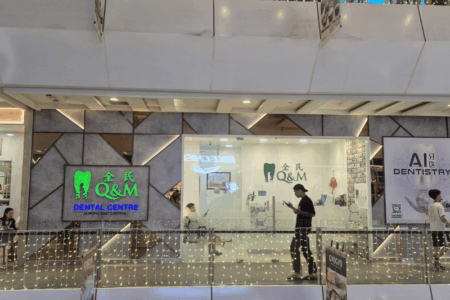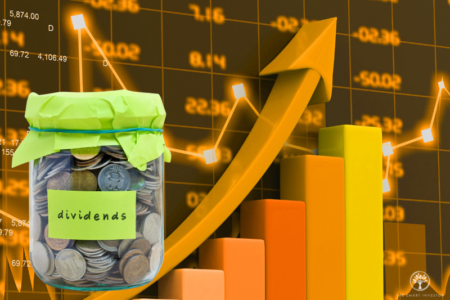Some of us might be fortunate enough to get to see the annual Hindu fire walking festival this month. I remember watching a Theemithi ritual a few years ago and thinking to myself that it was downright unsafe. But a Hindu devotee explained to me that it is only dangerous if you do not know what you are doing.
The thermodynamics behind fire walking is well known. However, the science does not detract in any way from the spectacular feat, as fire walkers stride confidently over a four-metre pit of glowing embers in their bare feet. But the knowledgeable devotee was absolutely right. Fire walking is only dangerous if we do not know what we are doing.
Some people have likened the buying of shares in a volatile stock market with walking barefoot on a bed of hot ashes. But as legendary investor Jeremy Grantham once remarked: “Volatility is a symptom that people have no idea of the underlying value.”
Warren Buffett said something similar about risk, which is generally seen as a proxy for volatility. He said: “Risk comes from not knowing what you are doing”.
For many people, a volatile market could be a time for worry and distress. After all, it can be heart breaking to watch the value of our investments take a hit.
Legends vs mortals
But as Peter Lynch once quipped: “A stock market decline is as routine as a January blizzard in Colorado. If you’re prepared, it can’t hurt you.” He went on to say: “A decline is a great opportunity to pick up the bargains left behind by investors who are fleeing the storm in panic.”
That is easy for Lynch to say. He is, after all, a seasoned investor. But what about us mere mortals? How do we go about differentiating between undervalued shares and rip-offs dressed up as bargains? Are we not like wannabe fire walkers, going to get badly burnt, if we pick up the wrong stocks in a volatile market?
That can, indeed, be a dilemma. But it is not one that is insurmountable, provided we understand that cheap rubbish is still rubbish.
Walking on fire
The day I became a better investor – or as I prefer to call it, the day I learnt to walk on fire – was the day I understood the concept of intrinsic value. We need to understand that every company on the stock market has an intrinsic value.
The value could be derived from the stream of dividends that income investors enjoy by holding a stock. For value investors, it could be the sum of a company’s assets. For growth investors, it could be the earnings that owners of a share could reap over the long term.
The trouble is, if you don’t know the intrinsic value, then that could be tantamount to “playing poker without looking at the cards”, as Lynch once joked. But by recognising the concept of intrinsic value, we should be able to appreciate when shares have been unfairly punished.
That is the underlying message behind Warren Buffett’s sage advice: “Be greedy when the market is fearful, and be fearful when the market is greedy.” He did not say buy any old rubbish and just hope for the best. Buffett also said: “Look at market fluctuations as your friend rather than your enemy; profit from folly rather than participate in it.”
Volatile times
The market at the moment is highly volatile. Given the US Fed’s quantitative tightening policy, war between Russia and Ukraine, China’s zero-Covid strategy, investors are understandably perplexed. But it is important to remind ourselves that if a business does well, then the stock eventually follows. In the short term, there is no correlation between a company’s success and its stock. But in the long term, there is a 100 per cent correlation.
So, try to focus on the long term and the 100 per cent correlation, rather than what might happen from day to day. And do not, like some, be tempted to ditch our best stocks for cash at the first sign of disaster. We are going through an economic slowdown. We are not going off to hell in a handcart.
In our special FREE report, Top 9 Dividend Stocks for 2022 – and 3 Tactical Shifts to Maximise Your Profits, we’re revealing 3 special categories of stocks that are poised to deliver maximum growth in 2022 and beyond.
Our safe-harbour stocks are a set of blue-chip companies that have been able to hold their own and deliver steady dividends. Growth accelerators stocks are enterprising businesses poised to continue their growth. And finally, the pandemic surprises are the unexpected winners of the pandemic.
Download for free to find out which are our safe-harbour stocks, growth accelerators, and pandemic winners! CLICK HERE to find out now!
Follow us on Facebook and Telegram for the latest investing news and analyses!
Disclaimer: David Kuo does not own shares in any of the companies mentioned.




